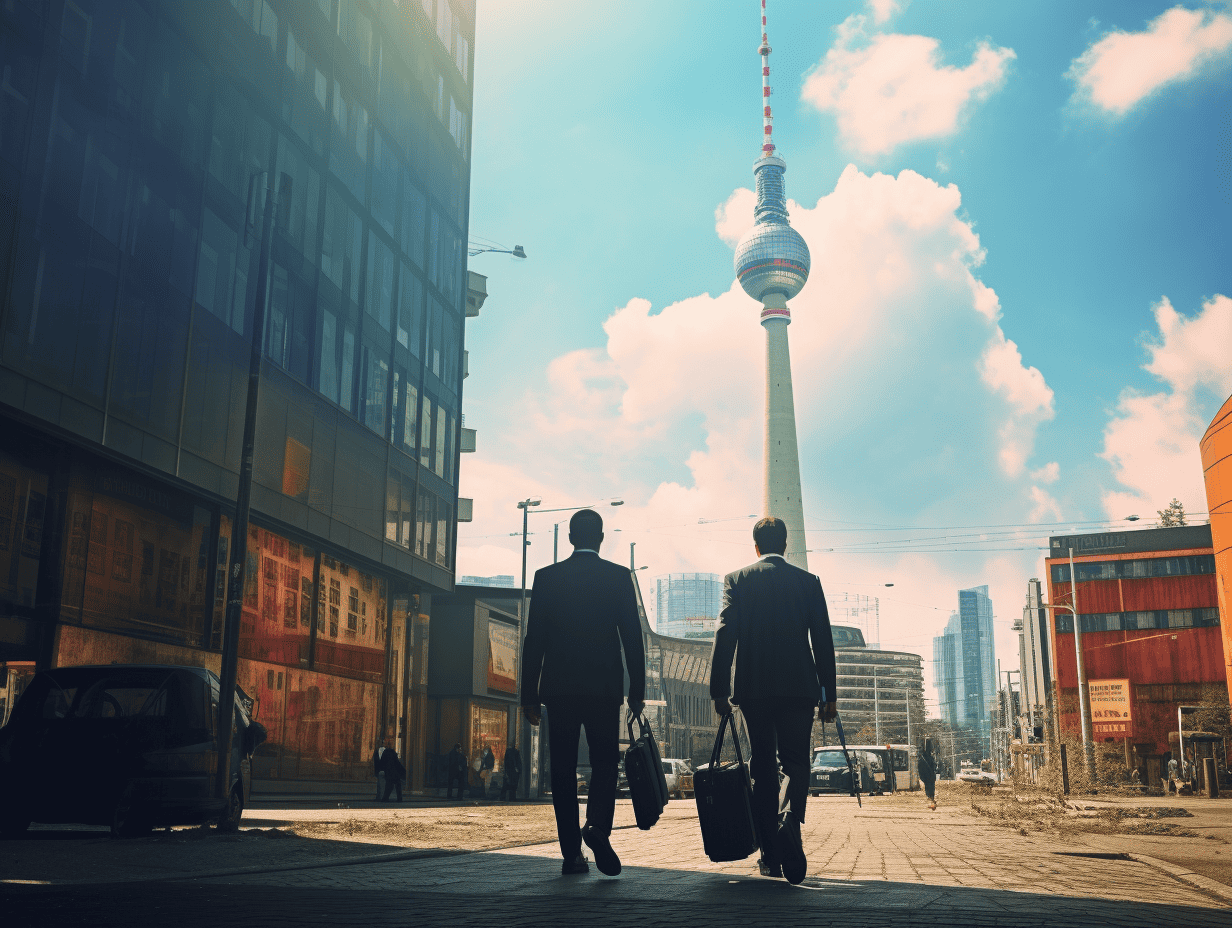
With the Clusters4Future competition, the German Federal Ministry of Education and Research aims to promote the rapid transfer of ideas from research to practice. The Munich Cluster for the Future of Mobility in Metropolitan Regions (M Cube), coordinated by the Technical University of Munich (TUM), was selected from a total of 137 applicants as one of seven projects to receive funding. The project will launch in October 2021 and run for a period of nine years – with funding of up to €45 million.
“Mobility is one of the most important factors for prosperity, quality of life and the future viability of our society,” says Prof. Sebastian Pfotenhauer, Professor of Innovation Research at the TUM School of Management, Co-Director of the Munich Center for Technology in Society (MCTS) at TUM and one of the leaders of the M Cube strategy team. “We are currently facing enormous challenges such as overburdened infrastructures, climate change, urbanization and, last but not least, social justice.”
Integrating for positive change
Technologies such as efficient electric powertrains and advances in artificial intelligence will significantly change the mobility sector, the researchers point out. On top of that, there is the impact of new digital business models such as mobility as a service and ride-sharing. However, it is important that new forms of mobility be integrated into existing infrastructures and incorporated into concepts for livable spaces, they say.
According to Pfotenhauer, the interdisciplinary group of researchers in the M Cube future cluster wants to “shape change responsibly, proactively develop counter-models to trends in other countries and make Munich a reference region for sustainable mobility innovations.” To this end, the group is making use of Germany’s traditional strength in transportation technology. “Together with our partners, we will also look at economic, social, political, legal and ethical aspects of mobility,” he explains. “We are involving a wide range of stakeholders – from NGOs and the city of Munich to high-tech startups and three DAX corporations. So our approach encompasses much more than just technical developments.”
Ideal prerequisites
Extensive expert knowledge and numerous initiatives in the field of mobility and digitization in science, business, politics and society in the Munich metropolitan region provide the ideal conditions for a regionally anchored research and development network for sustainable mobility. “For example, the Munich region is home to one of the hubs of the European EIT Urban Mobility project as well as strategic initiatives such as Inzell and the future international Spaces of Mobility building exhibition.” The German Federal Ministry of Transport also plans to establish a German Center for Future Mobility in Munich.
“With the M Cube cluster, we are building on a strategic, mission-driven culture of innovation and bringing together the leading players at a regional level to develop the mobility of tomorrow, regardless of professional, institutional or ideological boundaries,” enthuses TUM President Thomas F. Hofmann. “In line with our ONE MUNICH strategy, we are joining forces to shape the future of sustainable and digital mobility.”
More articles on the topic of mobility of the future can be found here.








